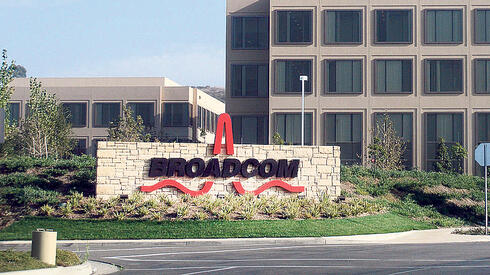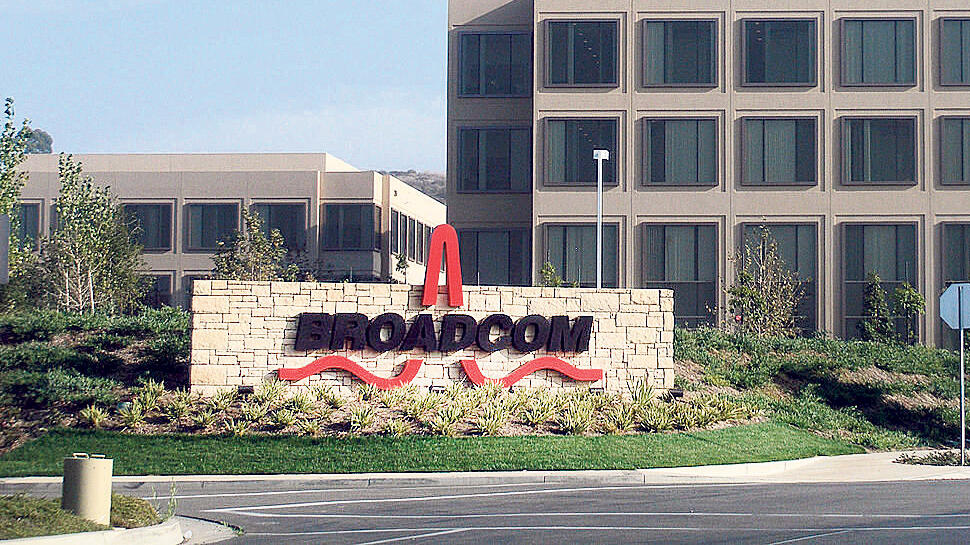
Broadcom’s Israeli subsidiary faces $70 million tax demand over IP sale
Tax Authority accuses CA Israel of undervaluing cybersecurity assets sold internally in 2010.
The Israeli Tax Authority is demanding an additional tax payment of approximately a quarter of a billion shekels from the technology company CA Israel, including interest and linkage, alleging that the company significantly underreported the value of a cybersecurity business it sold nearly 15 years ago. According to the Authority, CA Israel reduced the reported value of the startup activity by a factor of five, reporting it at approximately 111 million shekels (approximately $31.5M) instead of its true market value, estimated at 667 million shekels ($189M).
CA Israel is a subsidiary of the American multinational corporation CA Technologies, which was acquired in 2018 by chip giant Broadcom, now traded on the NASDAQ with a market capitalization nearing $1.1 trillion. The dispute concerns a startup called Memco, founded in the 1990s. Memco, along with another company it owned called AbirNet, developed four cybersecurity software products, the most notable of which was SeOS.
In 2000, Memco was acquired by CA Technologies and renamed CA Software Israel. The U.S. parent company marketed Memco’s software globally, while the Israeli subsidiary received royalties amounting to 35% of the revenue. According to CA Israel’s reports, it generated an average annual income of about 70 million shekels and a cumulative total of over half a billion shekels between 2002 and 2009.
In 2010, a decade after the acquisition, CA Israel transferred its intellectual property to CA Global, at least according to its own filings, valuing the transaction at 111 million shekels for tax purposes. However, since the company had accumulated tax losses totaling 134 million shekels, the transfer resulted in zero tax liability in Israel.
The Tax Authority disputes this valuation, citing the transaction’s nature as one between related parties (a parent company and its subsidiary). It argues that CA Israel should have calculated the capital gain based on the fair market value of the business activity, not the declared amount in the internal transaction. "The foreign corporation exploited its control over the Israeli entity to shift valuable technology abroad at a fraction of its true worth," said a source familiar with the case.
Economically, the implications are significant. The Tax Authority issued a revised tax assessment based on a valuation of 667 million shekels, resulting in a tax liability of roughly 250 million shekels. CA Israel, now part of Broadcom through the chain of ownership, challenged the assessment in the Tel Aviv District Court. That appeal was rejected, and the company is currently pursuing the case in Israel’s Supreme Court.
Separately, Calcalist previously revealed that a criminal investigation into CA Technologies was launched but later closed at the request of the defendant, citing foreign policy and national security concerns.














